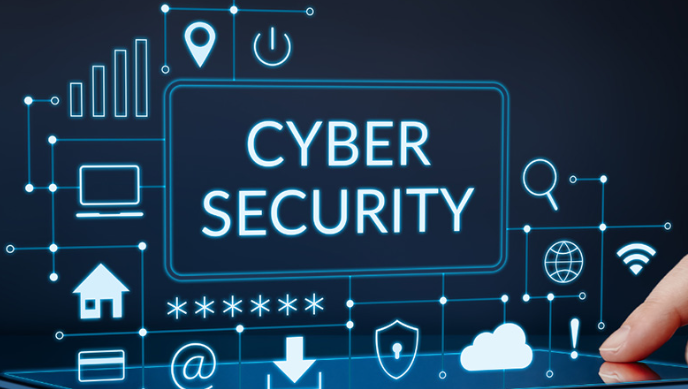"Staying Secure in the Digital Age: How Notaries Can Protect Client Data and Navigate the Rising Cybersecurity Challenges of Remote Online Notarization"

Introduction: October is Cybersecurity Awareness Month
As notaries embrace digital tools and online notarization, cybersecurity has become a critical aspect of our profession. October, being Cybersecurity Awareness Month, is the perfect time to explore the growing concerns surrounding digital notarization and what steps notaries can take to protect their clients and their business from online threats.
The Rise of Remote Online Notarization (RON)
Remote Online Notarization (RON) has revolutionized the notary industry by offering convenience and flexibility. However, it also comes with risks, especially concerning the security of sensitive data. Since RON involves digital document verification, identity authentication, and video conferencing, notaries need to be aware of the vulnerabilities inherent in these technologies
Why Cybersecurity is Crucial for Notaries
When handling personal or sensitive information, notaries are responsible for protecting their clients' privacy. A breach in security could lead to severe consequences, including identity theft, financial fraud, or legal ramifications. To prevent these risks, notaries should adopt robust security measures to safeguard digital transactions.
Top Cybersecurity Concerns in Notarization
Data Breaches: Sensitive client information, including names, addresses, and legal documents, can be exposed if proper encryption isn't used. Strong encryption standards and secure storage are vital.
Phishing Scams: Cybercriminals often use phishing to gain unauthorized access to systems. Notaries should be vigilant and ensure that all communications with clients are secure and verified.
Fraudulent Notarization: With online notarization, verifying the authenticity of the signer can be more challenging. Implementing multi-factor authentication (MFA) and biometric verification can reduce the risk eOnlineNotary, CloseWise.
Best Practices for Protecting Your Notary Business
Use Encrypted Platforms: Ensure that your notarization platform uses secure encryption for all transactions. Platforms like RON rely on end-to-end encryption to protect communications.
Implement Multi-Factor Authentication: Add layers of security by requiring additional authentication methods, such as SMS verification or biometric scans.
Stay Informed on Regulatory Changes: As cybersecurity concerns grow, so do regulations. Keeping updated on state and federal privacy laws is essential for compliance and security CloseWise.
Regularly Update Your Software: Cyber threats evolve, and so should your defenses. Regularly updating your software and using strong antivirus programs are key to keeping your digital tools secure.
Conclusion: Be Proactive About Cybersecurity
This October, take the time to assess the cybersecurity measures in your notary practice. Being proactive can help protect not only your business but also your clients' sensitive data. With the rapid adoption of digital notarization, ensuring strong cybersecurity protocols is more important than ever.
Business Hours
- Sun - Sat
- Appointment Only
Phone: 314-626-0943
9378 Olive Blvd, Ste 308, Olivette MO 63132
kim@premiernotaryservices.com
www.premiernotaryservices.com
DISCLAIMER: I am not an attorney and therefore by law, I cannot interpret the contents of any document for you, instruct you on how to complete a document, or direct you on the advisability of signing a particular document. By doing so I would be engaging in the unauthorized practice of law, and could face legal penalties that include the possibility of incarceration. Any questions about your documents should be addressed to the lender, title company, or an attorney.
© 2024 Premier Notary & Apostille Services
Copyright Premier Notary Services 2018-2025





